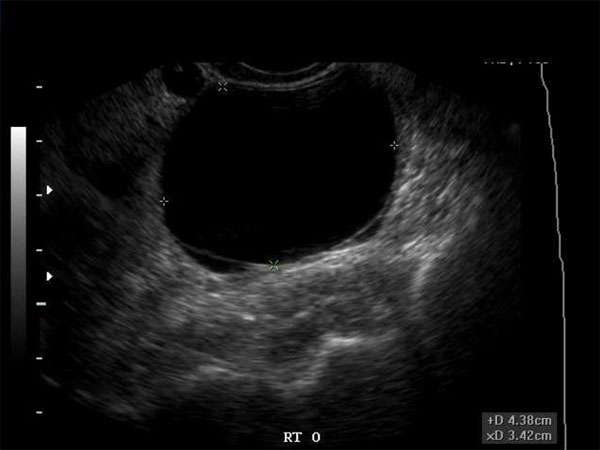The Future of Medicine: How Ultrasound is Transforming Healthcare
Introduction
The field of medicine is rapidly evolving with advancements in technology revolutionizing the way healthcare is delivered. One such technology that is transforming healthcare is ultrasound. Ultrasound has become an indispensable tool in various medical specialties, enabling healthcare professionals to diagnose and treat a wide range of conditions. In this article, we will explore the role of ultrasound in healthcare and its potential for the future.
Ultrasound in Medical Specialties
Radiology
Ultrasound plays a vital role in radiology, allowing radiologists to visualize and assess internal organs, muscles, tendons, and blood vessels. It is particularly useful in detecting abnormalities in the abdomen, pelvis, breast, and thyroid.
OB/GYN
In obstetrics and gynecology, ultrasound is instrumental in monitoring fetal development, diagnosing pregnancy complications, and detecting abnormalities in the reproductive organs. It provides valuable insights during prenatal care and aids in guiding interventions during labor and delivery.
Vascular Surgery
For vascular surgeons, ultrasound is an essential tool for evaluating blood flow, diagnosing vascular diseases, and guiding minimally invasive procedures such as angioplasty and stenting. It helps in identifying blood clots, aneurysms, and arterial blockages.
Emergency Medicine
In emergency medicine, ultrasound has become an invaluable diagnostic tool for quickly assessing trauma patients, identifying internal injuries, and guiding procedures such as chest tube insertions and central line placements. It enables rapid decision-making and improves patient outcomes.
Family Practice and Internal Medicine
Primary care physicians benefit from ultrasound’s versatility in evaluating various conditions such as abdominal pain, joint inflammation, and thyroid nodules. It aids in making timely and accurate diagnoses, reducing the need for unnecessary referrals and invasive procedures.
Orthopedic Surgery and Sports Medicine
Orthopedic surgeons and sports medicine specialists rely on ultrasound to assess musculoskeletal injuries, guide injections, and monitor healing progress. It allows for real-time visualization of tendons, ligaments, and joints, facilitating targeted treatment plans.
Neurology
Ultrasound is increasingly used in neurology for assessing blood flow in the brain, detecting abnormalities in the carotid arteries, and guiding interventions such as nerve blocks. It provides a non-invasive and cost-effective alternative to more complex imaging modalities.
Cardiology
In cardiology, ultrasound, also known as echocardiography, is indispensable for evaluating heart structure and function. It aids in diagnosing conditions such as heart valve abnormalities, heart failure, and congenital heart defects. It also guides procedures like pacemaker implantation.
The Importance of Continuing Medical Education (CME)
In order to effectively utilize ultrasound in their respective medical specialties, healthcare professionals must stay abreast of the latest advancements and techniques. Continuing Medical Education (CME) plays a crucial role in ensuring healthcare professionals are equipped with the knowledge and skills necessary to provide the best patient care.
CME courses focused on ultrasound provide healthcare professionals with opportunities to enhance their understanding of ultrasound technology, interpretation skills, and procedural techniques. These courses cover topics such as ultrasound physics, image acquisition, interpretation of findings, and clinical applications in various medical specialties.
Regular participation in CME activities not only helps healthcare professionals maintain their licensure and certification requirements but also improves patient outcomes by ensuring the safe and effective use of ultrasound in clinical practice. It allows for the adoption of new techniques, fosters collaboration among healthcare providers, and promotes the dissemination of best practices.
Conclusion
Ultrasound is revolutionizing healthcare by enabling healthcare professionals to provide accurate diagnoses, guide interventions, and improve patient outcomes across various medical specialties. Its versatility and non-invasive nature make it an indispensable tool for healthcare professionals.
As ultrasound technology continues to advance, it is imperative for healthcare professionals to engage in ongoing CME to stay current with the latest techniques and ensure optimal patient care. By embracing the future of medicine through ultrasound and CME, healthcare professionals can continue to transform healthcare and improve the lives of their patients.






